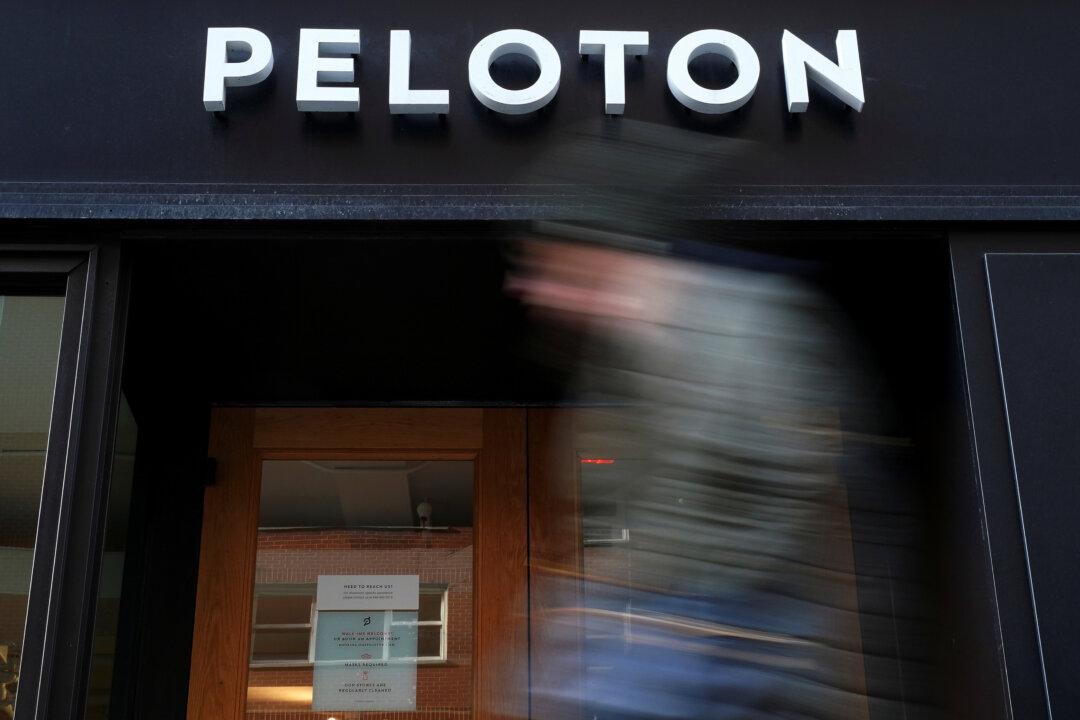Commentary
Last weekend, under the auspices of Brownstone Institute, two dozen writers and scholars—lawyers, doctors, essayists, scientists—gathered to come to terms with what has happened over three years. At some point, all of us realized that no one in the room was doing anything like what we were doing three years ago. Most everyone there had changed jobs, moved, adjusted their outlook, and otherwise taken a new direction in life.





